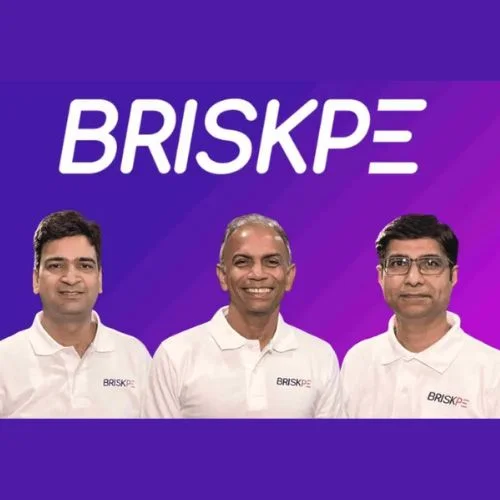The latest adjustment in the fair value of Prosus’ stake in Byju’s is a significant decrease, translating to an enterprise valuation of approximately $5.1 billion compared to the $22 billion valuation when Byju’s last raised equity funding. As for ZestMoney, Prosus has marked its investment in Primrose Hill (ZestMoney) down to zero from $38 million in FY22.
Prosus, a Netherlands-based technology investor, has disclosed in its annual report that it has marked down the fair value of its stake in edtech company Byju’s and written off its investment in troubled buy-now-pay-later startup ZestMoney. The latest adjustment in the fair value of Prosus’ stake in Byju’s is a significant decrease, translating to an enterprise valuation of approximately $5.1 billion compared to the $22 billion valuation when Byju’s last raised equity funding. Prosus had previously stated that it lost “significant influence” over Byju’s as its holding slipped below 10%.
In September 2022, Prosus declared that it had lost significant influence in Byju’s, leading to a gain on disposal of the associate totaling $22 million. This gain included the reclassification of accumulated foreign currency translation losses amounting to $55 million. Prosus has invested a total of $578 million in Byju’s. Another investor in Byju’s, Blackrock, has recently marked down its holding to a valuation of approximately $8.5 billion.
As for ZestMoney, Prosus has marked its investment in Primrose Hill (ZestMoney) down to zero from $38 million in FY22. ZestMoney was in talks with PhonePe for an acquisition, but the deal fell through due to concerns over diligence. Mandar Satpute, chief banking officer of ZestMoney, stated that the company’s shareholders and investors remain positive about the business and continue to fund it towards profitability. ZestMoney is working with PayU, owned by Prosus, on multiple fronts.
Prosus has maintained the fair value of its investment in Urban Company at $84 million, while slightly increasing its investment in ecommerce brand aggregator Mensa Brands to $27 million as of March 2023, compared to $25 million a year ago.
Global investors, managing funds, have been readjusting valuations of their portfolio firms, with markdowns seen in large startups like Swiggy and PharmEasy. Invesco and Neuberger Berman, investors in Swiggy and PharmEasy’s parent API Holdings, respectively, have marked down the valuations of these companies. Byju’s is currently facing multiple challenges, including the departure of investor board members and a legal battle with creditors over an accelerated payment demand. The company has been implementing cost-saving measures, including layoffs impacting up to 1,000 jobs.














